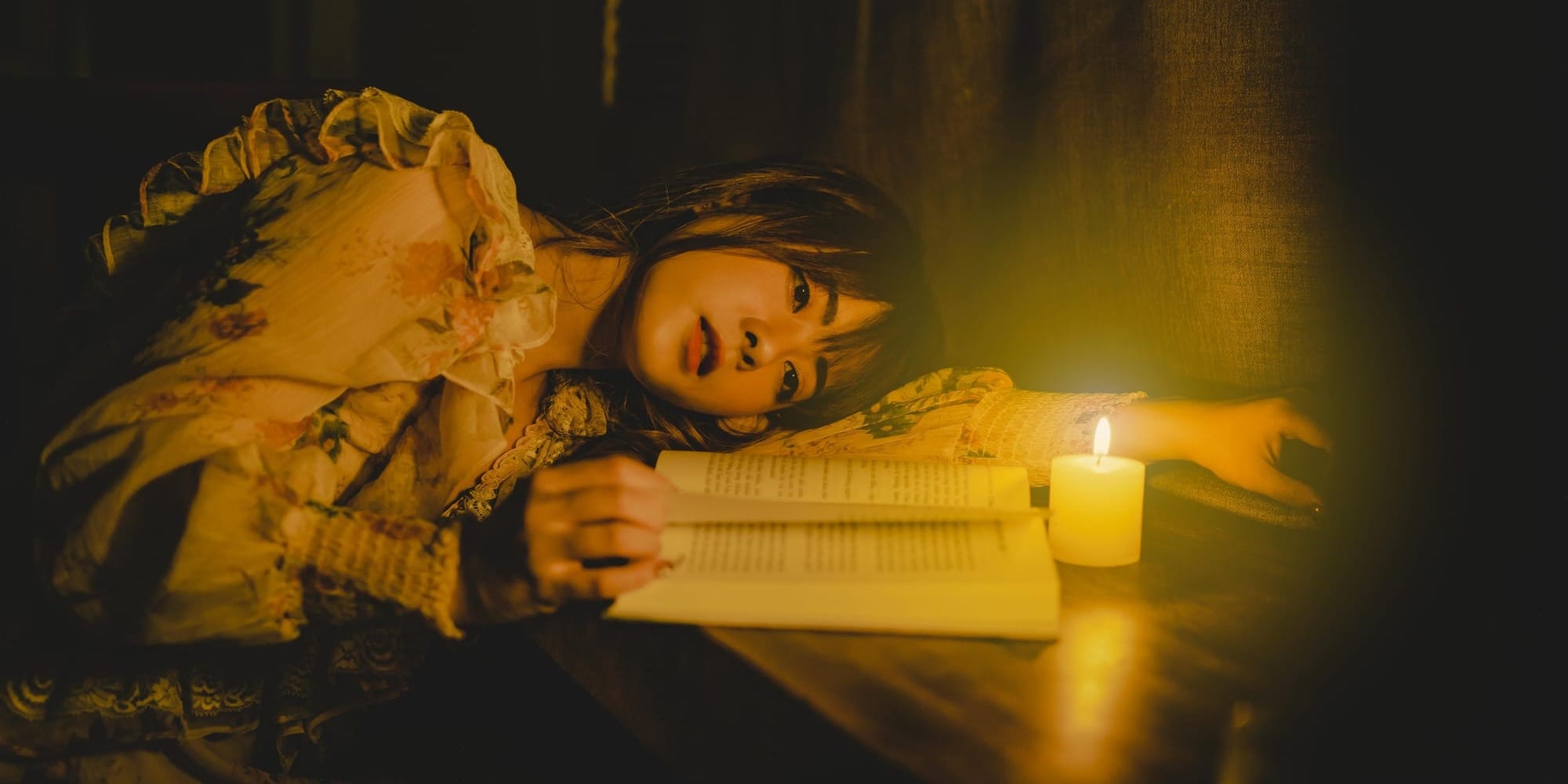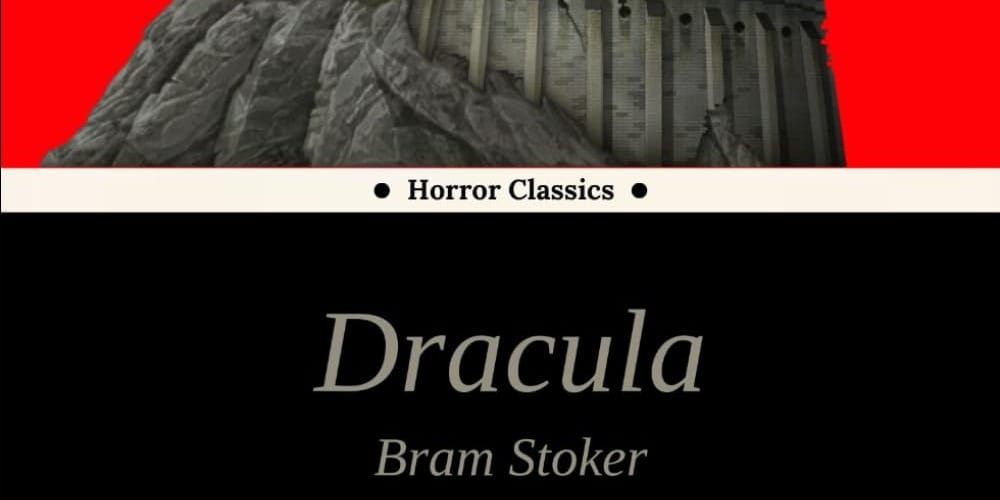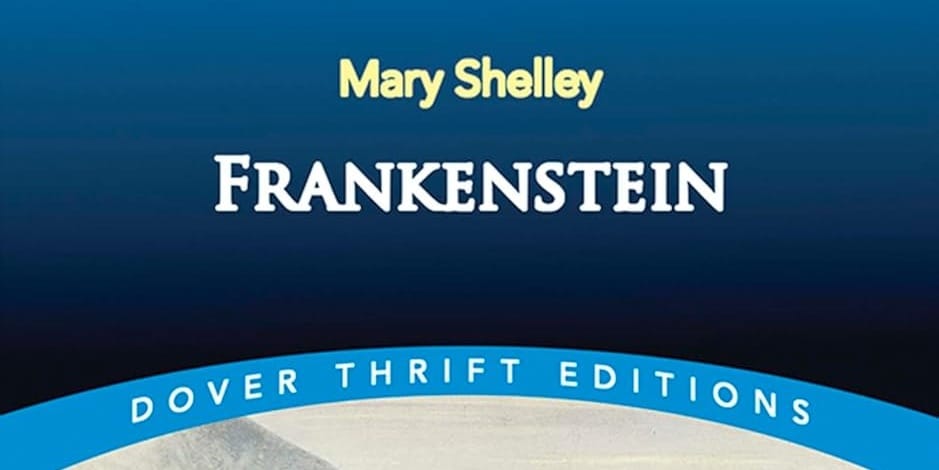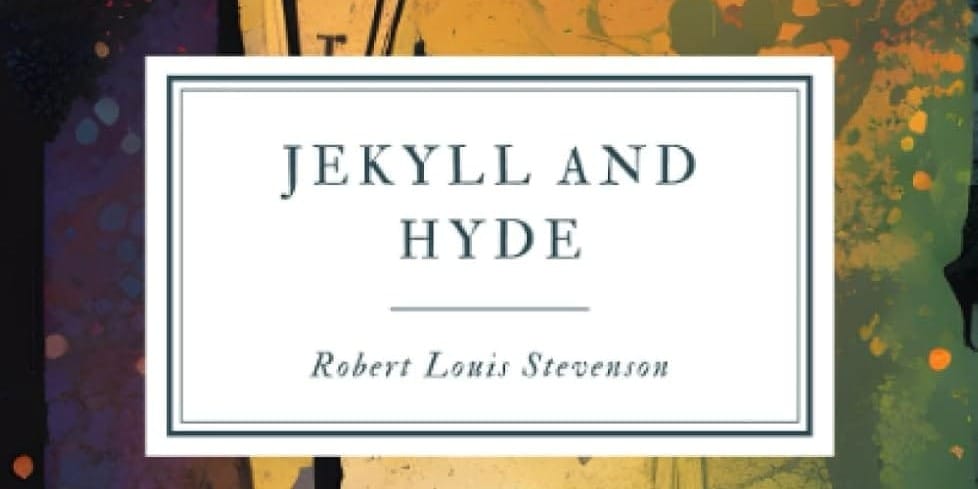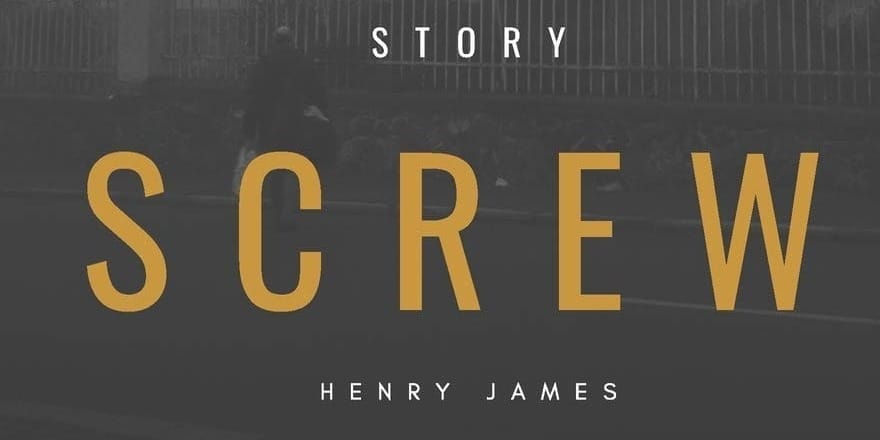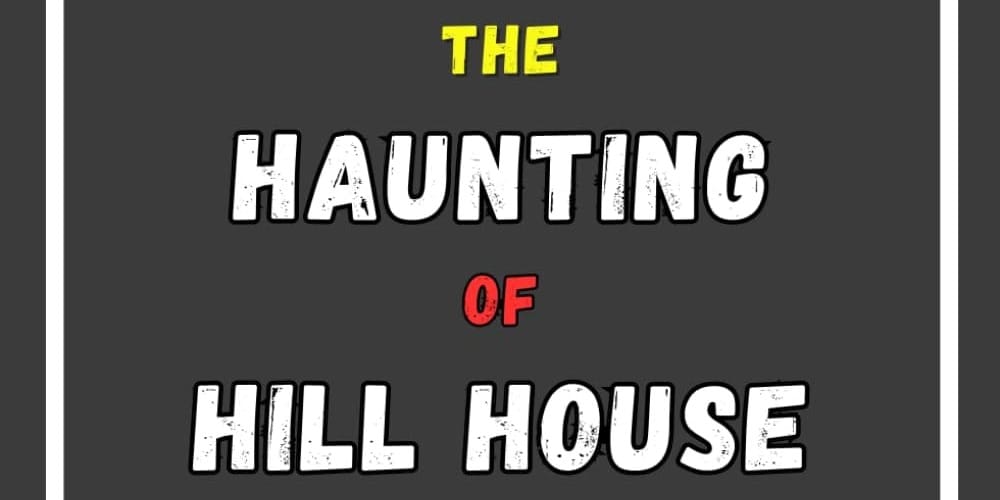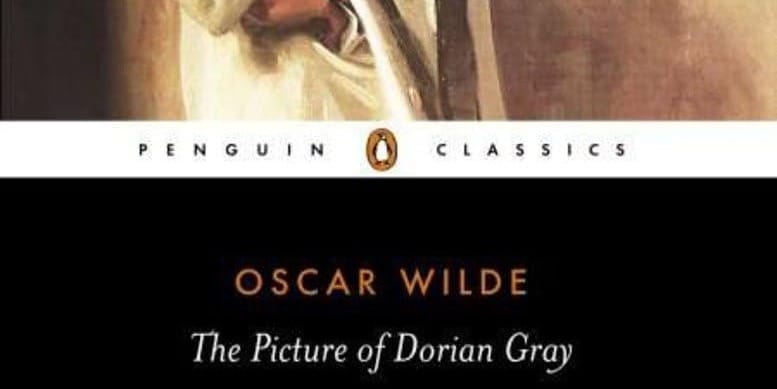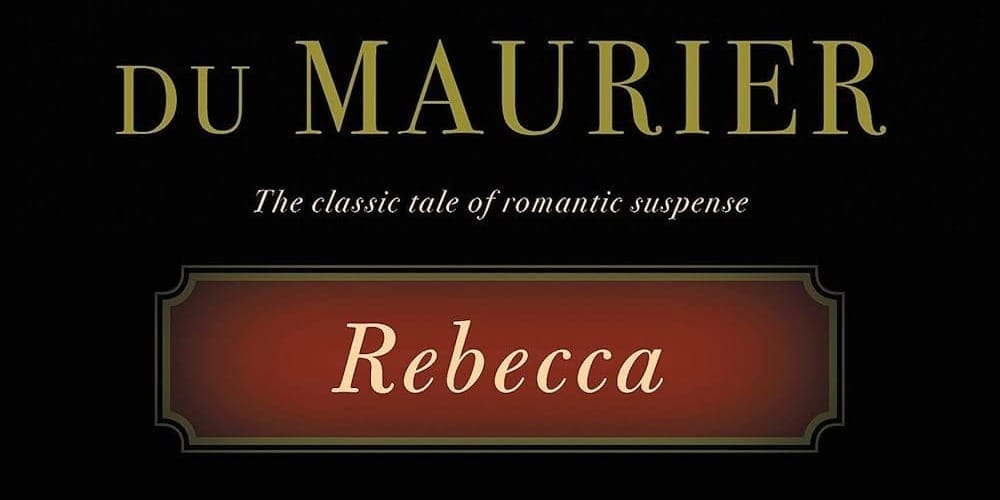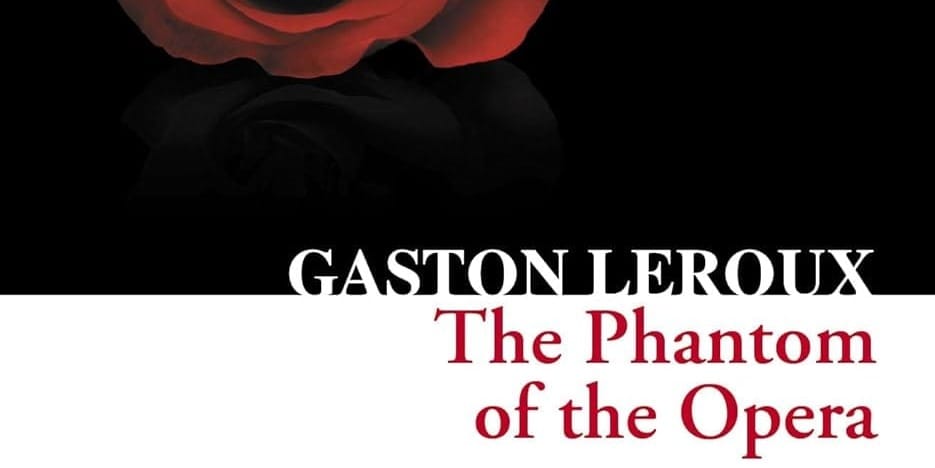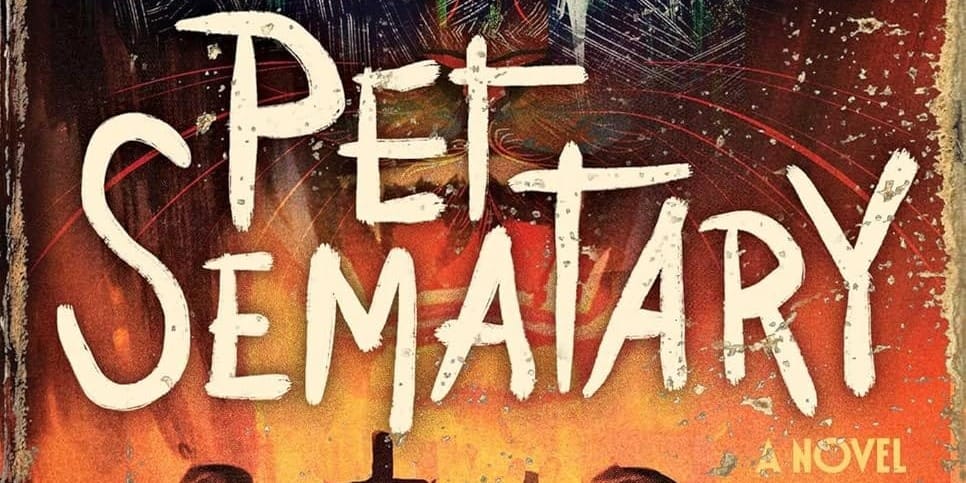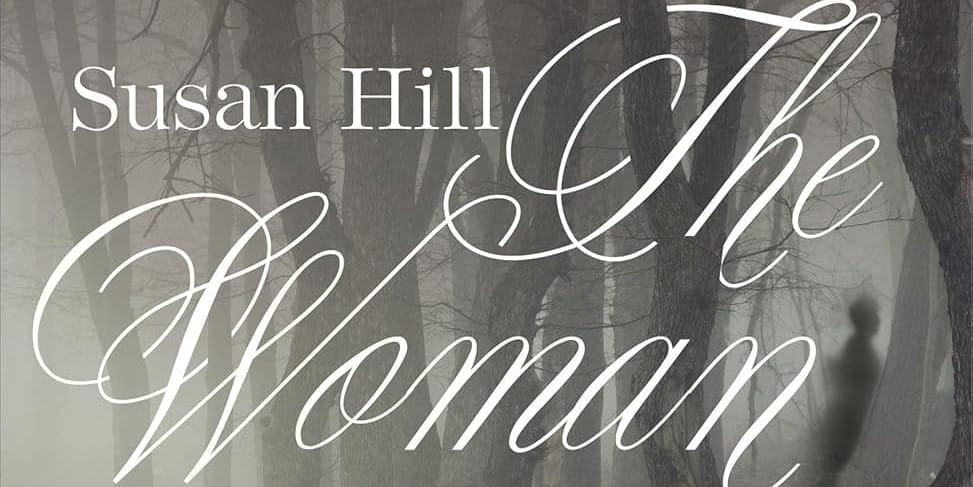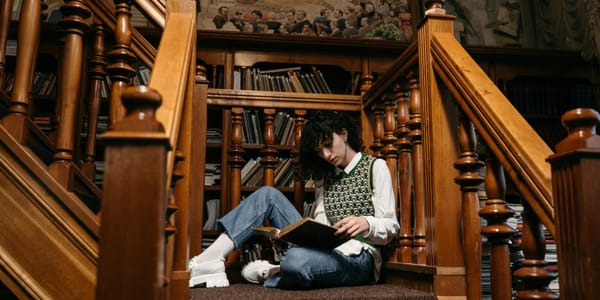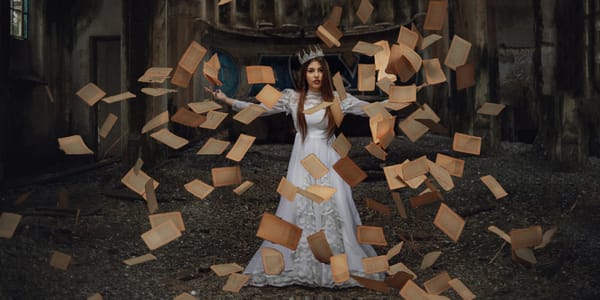Classic horror novels occupy a special place in literature, acting as a mirror to humanity's deepest fears and darkest secrets. These timeless stories don’t just frighten—they make readers think, diving into psychological depths often unexplored. Reading classic horror isn't merely about scares; it's about confronting the unknown, the taboo, and understanding our own vulnerabilities. Much like venturing into a forest alone, reading horror classics invites introspection, revealing our fears stripped of modern comforts and distractions. It's a literary adventure you don't want to miss.
Why Read Classic Horror Novels?
Classic horror novels have withstood the test of time due to their profound ability to evoke deep-seated emotions and psychological insight. These stories push readers to explore uncomfortable truths, exposing humanity’s darkest impulses and most profound anxieties. Unlike modern horror, classics like "Dracula" or "Frankenstein" rely less on shock and more on atmosphere, suspense, and psychological depth, making them timelessly impactful. Beyond mere scares, they offer rich literary value, linking seamlessly to other classical genres such as gothic classics or dystopian classics, illustrating timeless human struggles and the complex dance between good and evil.
Dracula by Bram Stoker
Arguably the most iconic figure in classic horror literature, Dracula embodies eternal fears of mortality, morality, and the supernatural. Bram Stoker’s masterpiece isn't just a story about a vampire; it's a symbolic exploration of Victorian anxieties about modernity, sexuality, and identity. Through detailed diaries and letters, the novel pulls readers into a dark, gothic world where science battles superstition. Dracula remains influential, inspiring countless adaptations, yet none capture the unsettling dread of Stoker's original prose, where fear is more powerful than the creature itself.
Frankenstein by Mary Shelley
"Frankenstein" isn’t merely a horror story—it’s an exploration of humanity’s hubris, ambition, and the consequences of playing god. Mary Shelley expertly weaves themes of creation, isolation, and responsibility into a narrative that questions what it truly means to be human. Often categorized alongside must-read classics, this story urges readers to reflect deeply on ethical dilemmas arising from unchecked scientific ambition. Shelley's monster is both terrifying and sympathetic, embodying our collective fear of alienation and rejection.
The Strange Case of Dr. Jekyll and Mr. Hyde by Robert Louis Stevenson
This novella explores the duality of human nature through the chilling transformation of respectable Dr. Jekyll into sinister Mr. Hyde. Stevenson’s exploration of the divided self has become a cornerstone of classic horror and mystery literature, brilliantly capturing society's fears around morality and hidden desires. With its vivid descriptions and psychological depth, it remains a profoundly unsettling read, echoing timeless concerns around identity and inner darkness.
The Turn of the Screw by Henry James
Henry James’s psychological horror is a masterclass in ambiguity and suspense. The story of a governess and her two young charges, haunted by apparitions, blurs the lines between reality and imagination. Much like literary classics on peace that question human nature, this narrative confronts readers with uncertainty—forcing them to grapple with what's truly frightening: ghosts or psychological unraveling? The subtlety of James’s storytelling makes this novel endlessly fascinating and terrifyingly ambiguous.
The Haunting of Hill House by Shirley Jackson
Considered one of the best horror novels of the 20th century, Shirley Jackson’s tale masterfully combines psychological horror with supernatural elements. The house itself, Hill House, becomes a living entity that mirrors the psychological state of its inhabitants. Jackson expertly uses tension, atmosphere, and subtle dread rather than overt scares, illustrating the terrifying potential of psychological instability and isolation.
The Picture of Dorian Gray by Oscar Wilde
Though traditionally considered gothic horror, Wilde’s novel addresses broader themes about vanity, morality, and corruption. The chilling narrative follows Dorian Gray’s descent into hedonism and immorality, symbolized through his aging portrait. Wilde's prose is brilliant yet unnerving, inviting readers to reflect on the terrifying consequences of unchecked desire and superficiality.
Rebecca by Daphne du Maurier
This gothic novel combines psychological suspense with haunting elements that linger in the reader's mind. The unnamed heroine struggles with jealousy and insecurity, overshadowed by her husband's enigmatic first wife, Rebecca. Du Maurier creates a gripping narrative filled with tension, twists, and atmospheric dread, effectively capturing the horror of obsession and identity loss.
The Phantom of the Opera by Gaston Leroux
Known for inspiring countless adaptations, Leroux's original novel weaves romance, horror, and tragedy in equal measure. Set in the shadowy catacombs of the Paris Opera House, it tells the story of a disfigured musical genius obsessed with a young singer. Leroux’s tale explores deep themes of alienation, obsession, and the destructive nature of unrequited love.
Pet Sematary by Stephen King
Stephen King's classic horror novel delves into the devastating consequences of grief and loss. When Louis Creed discovers an ancient burial ground, his desperation to resurrect loved ones results in unimaginable horror. King masterfully blends supernatural terror with profound emotional depth, illustrating how grief can distort human judgment, leading to horrific consequences.
The Woman in Black by Susan Hill
A chilling ghost story that perfectly encapsulates atmospheric horror, Susan Hill's novel follows Arthur Kipps’s unsettling experiences at Eel Marsh House. The story brilliantly builds tension through subtle scares and eerie settings, immersing readers in a haunting narrative where dread intensifies with every page, illustrating horror through isolation and unresolved tragedy.
Why These Timeless Tales Still Terrify
The lasting impact of these classic horror novels stems from their profound exploration of universal fears and enduring themes. They aren't simply about ghosts or monsters but about deeper existential anxieties—loneliness, death, morality, identity, and the unknown. Books like "Dracula" and "Frankenstein" don’t just frighten; they resonate emotionally, drawing readers into worlds that are terrifying yet profoundly familiar. This is the genius of classic horror literature: it transforms our deepest fears into stories that captivate and terrify generations. Much like venturing into an ancient, dark forest, reading these classics provides a timeless experience, uncovering hidden truths about ourselves and the dark corners of human nature. As part of the broader spectrum of classic literature—referring to historical classics and even philosophy classics—these horror tales remind readers that beneath everyday life lurks a complexity both fascinating and terrifying, urging us to confront fears that remain timelessly human.
💬 Psst… Many of the books from the list are available to read for free with Kindle Unlimited or listen for free with Audible — both offer 30-day free trials for new users. Perfect if you’re trying to read (or listen to) more without spending more.

